Ensuring electrical safety in your home is paramount to protecting your family and property from electrical hazards. Electrical accidents can lead to serious injuries, fires, or even fatalities. This article outlines essential electrical safety tips every homeowner should follow to maintain a safe living environment.
1. Know Your Electrical System
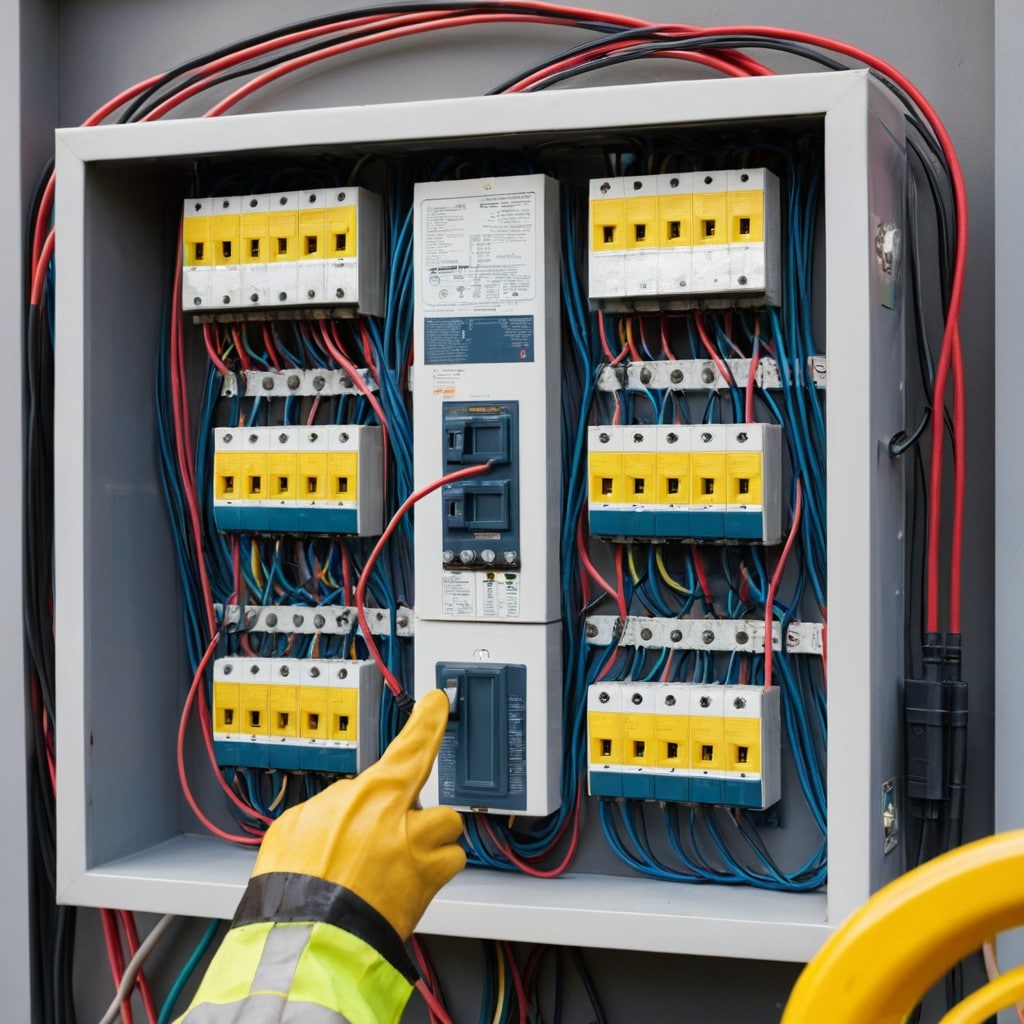
- Familiarize Yourself with Your Circuit Breaker Panel: Understand which breakers control different areas of your home. Label them clearly for easy identification.
- Understand Your Home’s Wiring: If your home is older, it may have outdated wiring. Be aware of the materials used and consider an inspection by a qualified electrician.
2. Regular Inspections and Maintenance
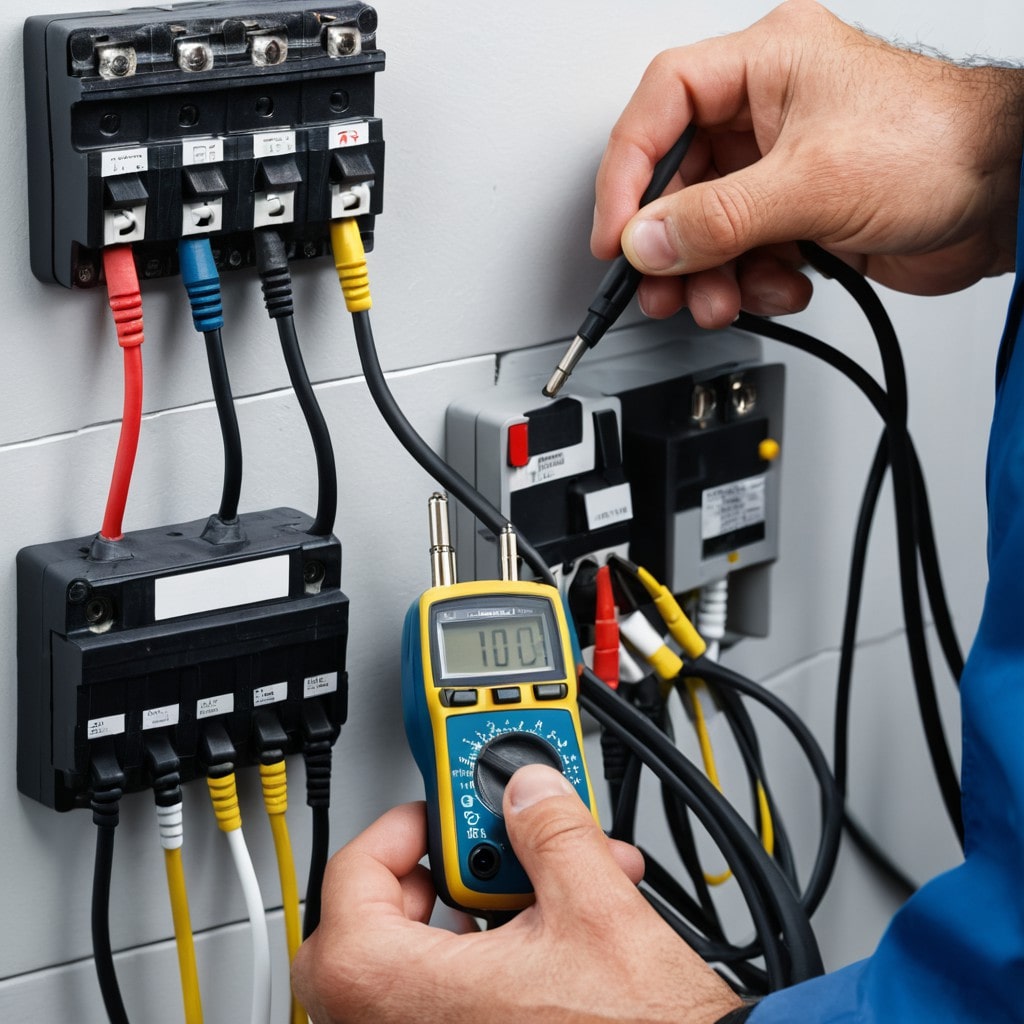
- Schedule Professional Inspections: Have a licensed electrician inspect your home’s electrical system every few years or when you notice issues like flickering lights or frequent circuit trips.
- Inspect Cords and Plugs: Regularly check extension cords and plugs for signs of wear or damage. Replace any frayed cords or malfunctioning plugs immediately.
3. Use Appliances Safely
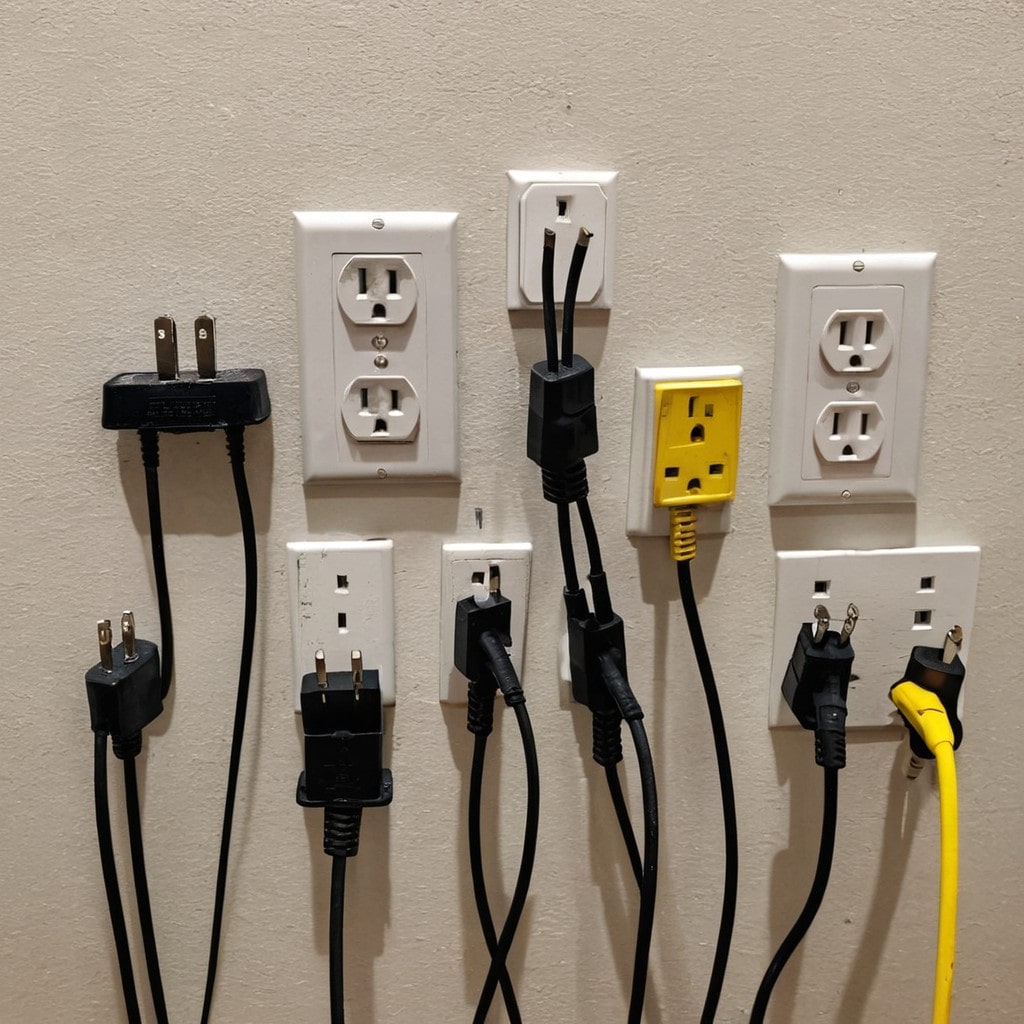
- Avoid Overloading Circuits: Plugging too many devices into a single outlet can cause overheating. Use multiple outlets and avoid daisy-chaining extension cords.
- Unplug Devices When Not in Use: To prevent electrical fires and save energy, unplug appliances that are not in use, especially high-wattage devices like heaters or irons.
4. Practice Kitchen Safety
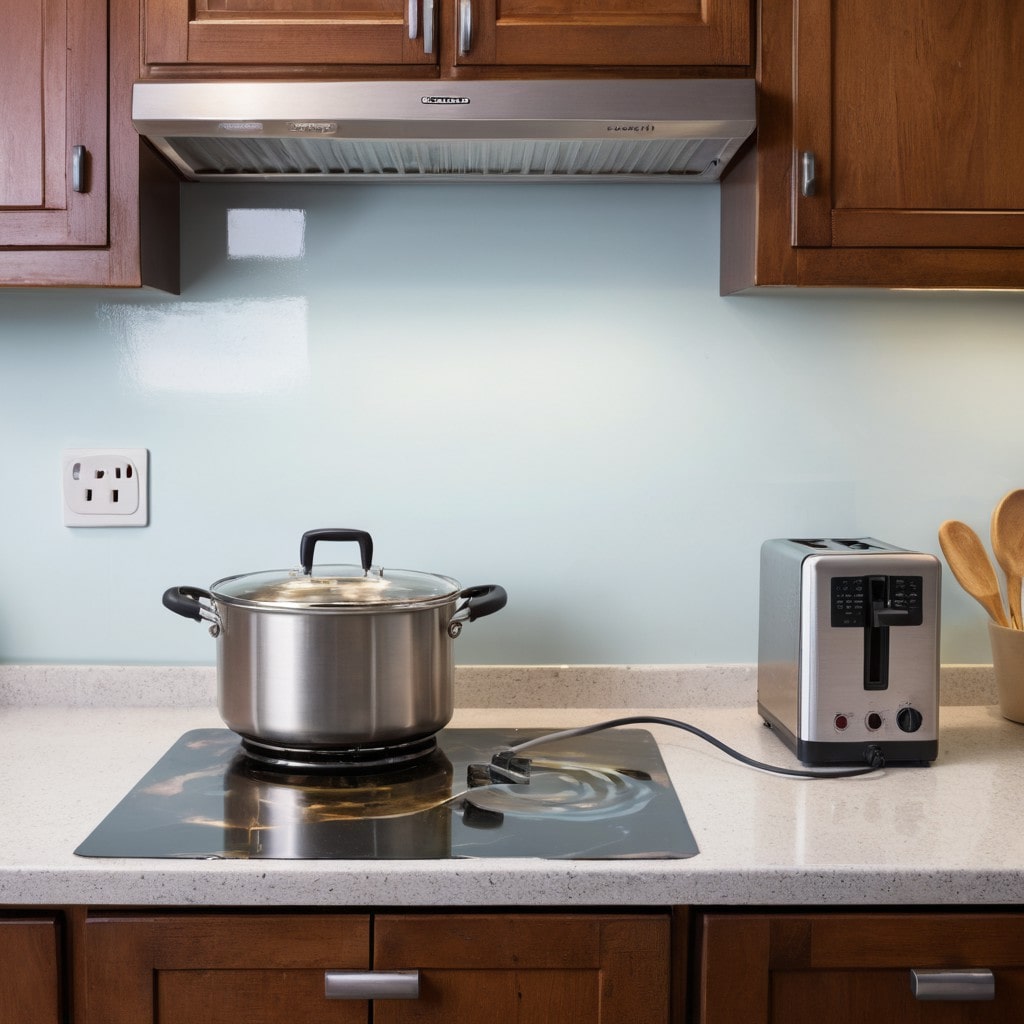
- Keep Electrical Devices Away from Water: Ensure that all appliances used near water sources (sinks, bathtubs) are GFCI-protected to reduce the risk of electrical shock.
- Use Kitchen Appliances Wisely: Follow manufacturer instructions and avoid using appliances with damaged cords or plugs.
5. Childproof Your Home
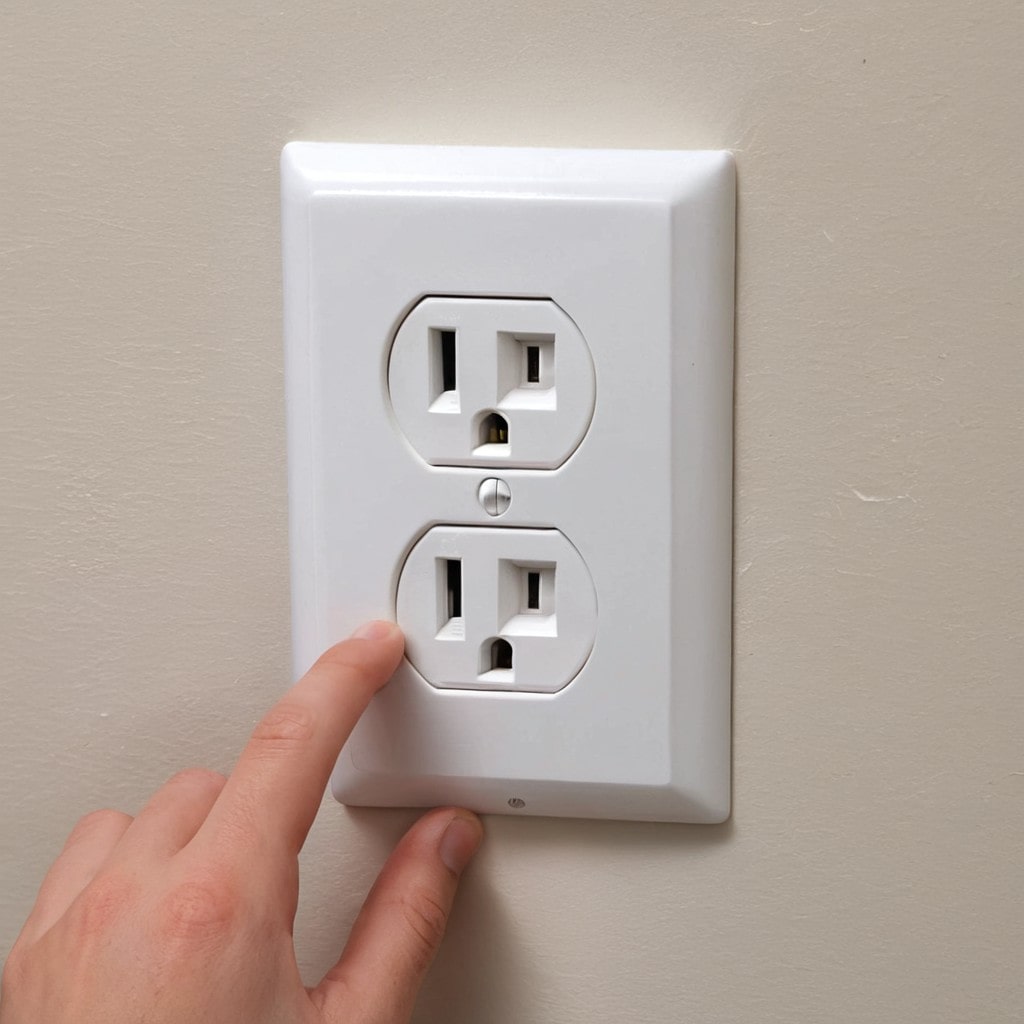
- Install Outlet Covers: Use safety covers for electrical outlets to prevent children from inserting objects.
- Keep Electrical Cords Out of Reach: Arrange furniture and storage to keep cords hidden and inaccessible to children.
6. Be Cautious During DIY Projects
- Turn Off Power: Always turn off the power at the circuit breaker before starting any electrical work or repairs.
- Use the Right Tools: Use insulated tools and wear rubber-soled shoes to minimize the risk of electrical shock.
7. Know the Signs of Electrical Problems

- Watch for Flickering Lights: Flickering or dimming lights can indicate wiring issues or overloaded circuits.
- Listen for Strange Noises: Buzzing or crackling sounds coming from outlets or switches can signify electrical problems that need immediate attention.
8. Educate Your Family
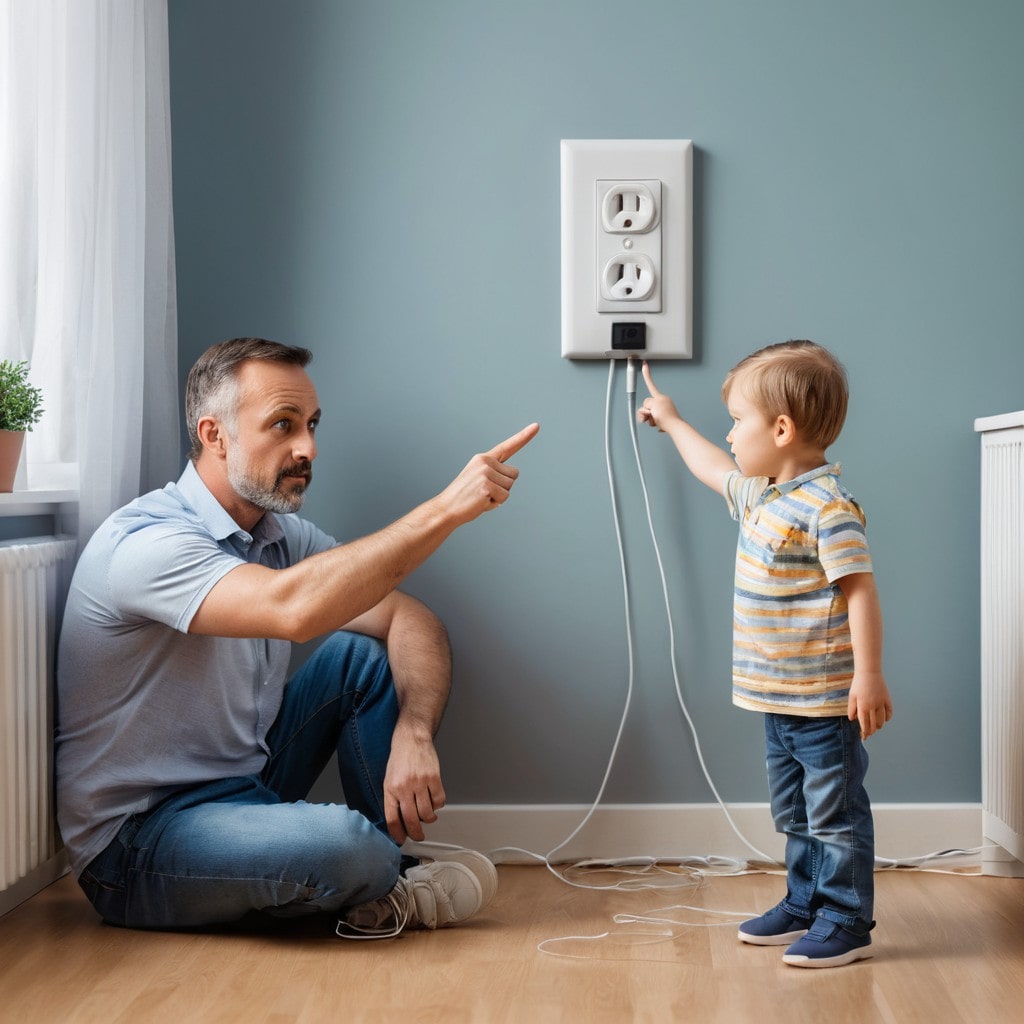
- Discuss Electrical Safety: Educate all family members about electrical safety practices and what to do in case of an emergency.
- Teach Kids About Electricity: Explain the dangers of electricity in a way they can understand, emphasizing the importance of safety around electrical devices.
9. Have an Emergency Plan

- Know How to Shut Off Power: Familiarize yourself with how to turn off the main power supply to your home in case of an emergency.
- Keep Emergency Numbers Handy: Have the contact information for your local electrician and fire department readily accessible.
Conclusion
Electrical safety is an essential aspect of homeownership that should not be overlooked. By following these tips, you can create a safer environment for your family and protect your home from electrical hazards. Regular maintenance, proper usage of electrical devices, and education are key components of electrical safety that will ensure peace of mind in your living space.

Join students and professionals
from across the world increasing their knowledge of Electrical Engineering.
One email at a time
We never send spam or give your information to anyone, Privacy Policy here.


